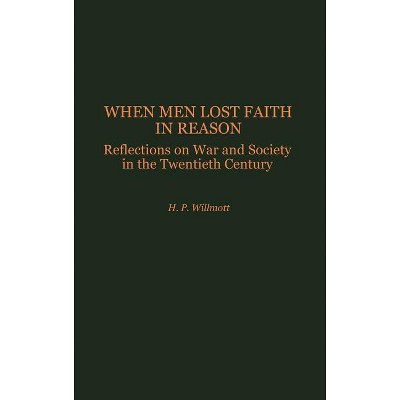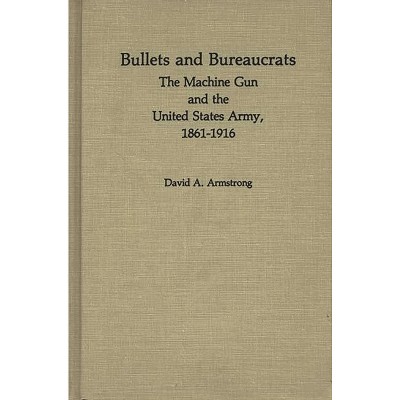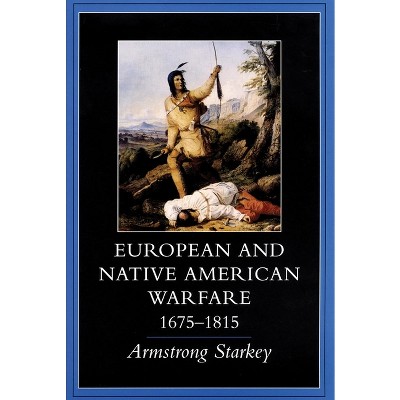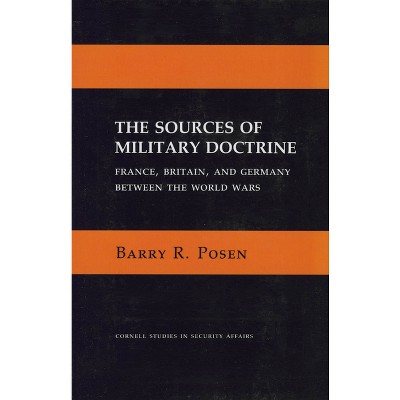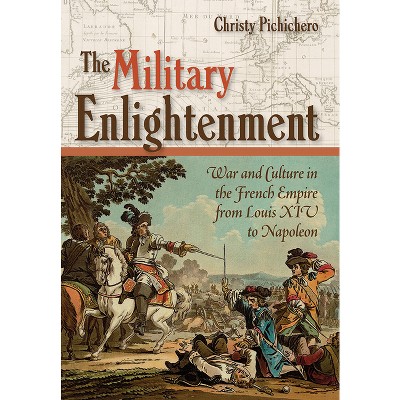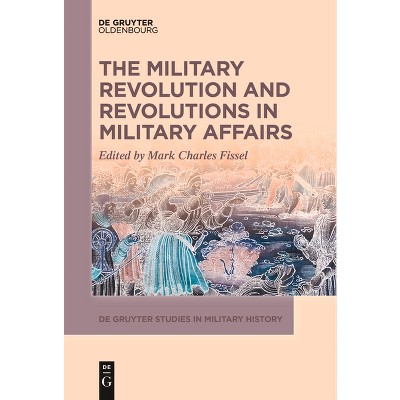War in the Age of the Enlightenment, 1700-1789 - (Studies in Military History and International Affairs) by Armstrong Starkey (Hardcover)

About this item
Highlights
- War in the 18th century war was a complex operation, including popular as well as conventional conflict, between Europeans and with non-Europeans.
- About the Author: ARMSTRONG STARKEY is Professor of History and former Dean and Provost at Adelphi University.
- 248 Pages
- History, Military
- Series Name: Studies in Military History and International Affairs
Description
About the Book
War in the 18th century war was a complex operation, including popular as well as conventional conflict, between Europeans and with non-Europeans. These conflicts influenced European intellectuals and contributed to the complexity of Enlightenment thought. While Enlightenment writers regarded war as the greatest evil confronting mankind, they had little hope that it could be eliminated; thus, peace proposals of the day were joined by more realistic discussion of the means by which war might be limited or rendered more humane. In this book, the author considers the influence of ideas and values on the actions of Enlightenment military personnel and how the rational spirit of the time influenced military thought, producing a military enlightenment that applied rational analysis to military tactics and to the composition of armies. In the late Enlightenment, military writers explored the psychological foundations of war as a means of stimulating a new military spirit among the troops.
The Enlightenment was, however, not the only cultural influence upon war during this century. Religion, the traditional values of the ancien regime, and local values all contributed to the culture of force. When Europeans engaged in military encounters with peoples in other parts of the globe, cultural interchange inevitably occurred as well. Further, there is a revolutionary element that one must consider when defining the military culture. The result of all these factors was a creative tension in 18th century warfare and an extraordinarily complex military culture.
Book Synopsis
War in the 18th century war was a complex operation, including popular as well as conventional conflict, between Europeans and with non-Europeans. These conflicts influenced European intellectuals and contributed to the complexity of Enlightenment thought. While Enlightenment writers regarded war as the greatest evil confronting mankind, they had little hope that it could be eliminated; thus, peace proposals of the day were joined by more realistic discussion of the means by which war might be limited or rendered more humane. In this book, the author considers the influence of ideas and values on the actions of Enlightenment military personnel and how the rational spirit of the time influenced military thought, producing a military enlightenment that applied rational analysis to military tactics and to the composition of armies. In the late Enlightenment, military writers explored the psychological foundations of war as a means of stimulating a new military spirit among the troops.
The Enlightenment was, however, not the only cultural influence upon war during this century. Religion, the traditional values of the ancien regime, and local values all contributed to the culture of force. When Europeans engaged in military encounters with peoples in other parts of the globe, cultural interchange inevitably occurred as well. Further, there is a revolutionary element that one must consider when defining the military culture. The result of all these factors was a creative tension in 18th century warfare and an extraordinarily complex military culture.Review Quotes
?[T]he book has much to offer to graduate students and the general reader, and even the historian of war may find reading the author's succinct, thoughtful overview a profitable encounter with a clear, well-informed mind.?-The Journal of Military History
?If nonmilitary historians want to amplify their visions of the Enlightenment with military insights, they may need guidance in identifying categories of linkages. Starkey has provided this--and much more. There is much for curious minds to chew on in this exciting book.?-The Historian
?Recommended. Graduate students/faculty.?-Choice
?Recommended. Graduate students/faculty.??Choice
"ÝT¨he book has much to offer to graduate students and the general reader, and even the historian of war may find reading the author's succinct, thoughtful overview a profitable encounter with a clear, well-informed mind."-The Journal of Military History
"[T]he book has much to offer to graduate students and the general reader, and even the historian of war may find reading the author's succinct, thoughtful overview a profitable encounter with a clear, well-informed mind."-The Journal of Military History
"Recommended. Graduate students/faculty."-Choice
"If nonmilitary historians want to amplify their visions of the Enlightenment with military insights, they may need guidance in identifying categories of linkages. Starkey has provided this--and much more. There is much for curious minds to chew on in this exciting book."-The Historian
About the Author
ARMSTRONG STARKEY is Professor of History and former Dean and Provost at Adelphi University. His special research interest is the relationship between ideas, values, and war in the 18th century. He lives in Huntington, New York.





